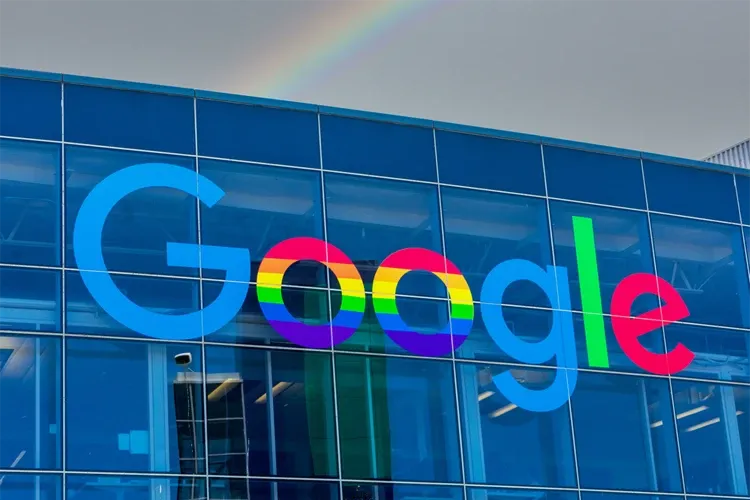Federal Communications Commission Chairman Brendan Carr asked executives at Google and parent company Alphabet whether the YouTube platform discriminates against religious content.
The official wrote in a letter to Alphabet chief executive Sundar Pichai and Google chief executive Neal Mohan that streaming entity Great American Media was barred from YouTube TV, asking if the platform “deliberately marginalizes faith-based and family-friendly content.”
Carr told the executives Great American Media informed him that their Great American Family network is the second fastest growing channel in cable television, and that while cable and streaming services like Comcast, Hulu, and DirecTV have carried them, YouTube TV has not.
“These allegations of faith-based discrimination come at a time when American public discourse has experienced an unprecedented surge in censorship,” Carr added. “In too many cases, tech companies silenced individuals for doing nothing more than expressing themselves online.”
FCC officials have authority to handle discriminatory practices between traditional multichannel video programming distributors, also known as MVPDs, and video programming vendors.
Carr said that “a diverse group of stakeholders” in recent years have asked both Congress and the FCC to extend those authorities to virtual distributors like YouTube TV, a request that the agency is currently deliberating. The official added that an understanding of whether YouTube TV discriminates against faith programming will “inform my consideration of these issues.”
YouTube said through a spokesperson that the platform will help the FCC understand “strategic business decisions we make based on factors like user demand, operational cost, and financial terms.” The spokesman added that “we do not have any policies that prohibit religious content.”
Other large technology companies have discriminated against Christian and conservative content in recent years, often under the purported auspices of addressing hate speech.



